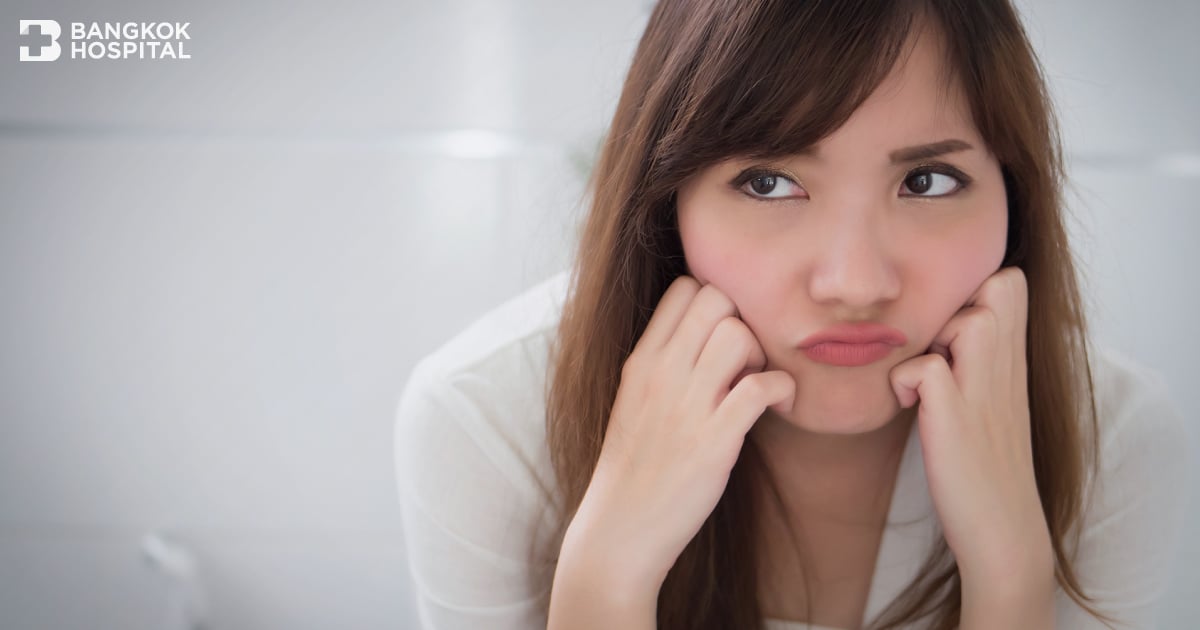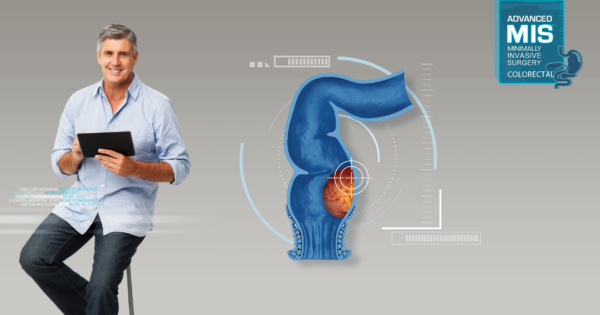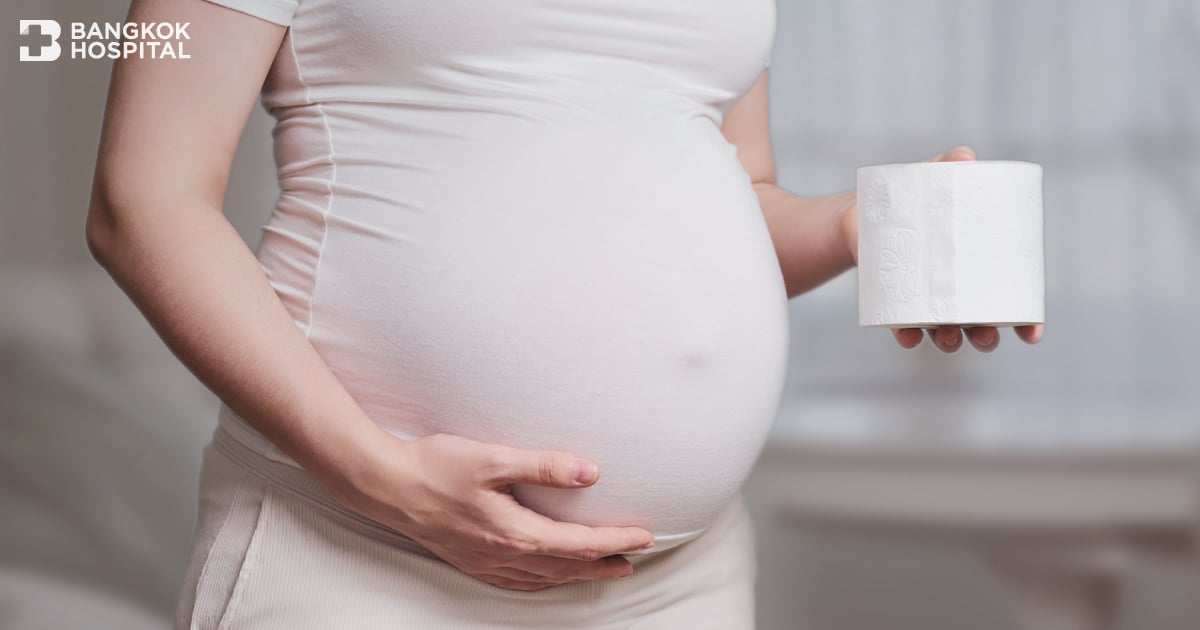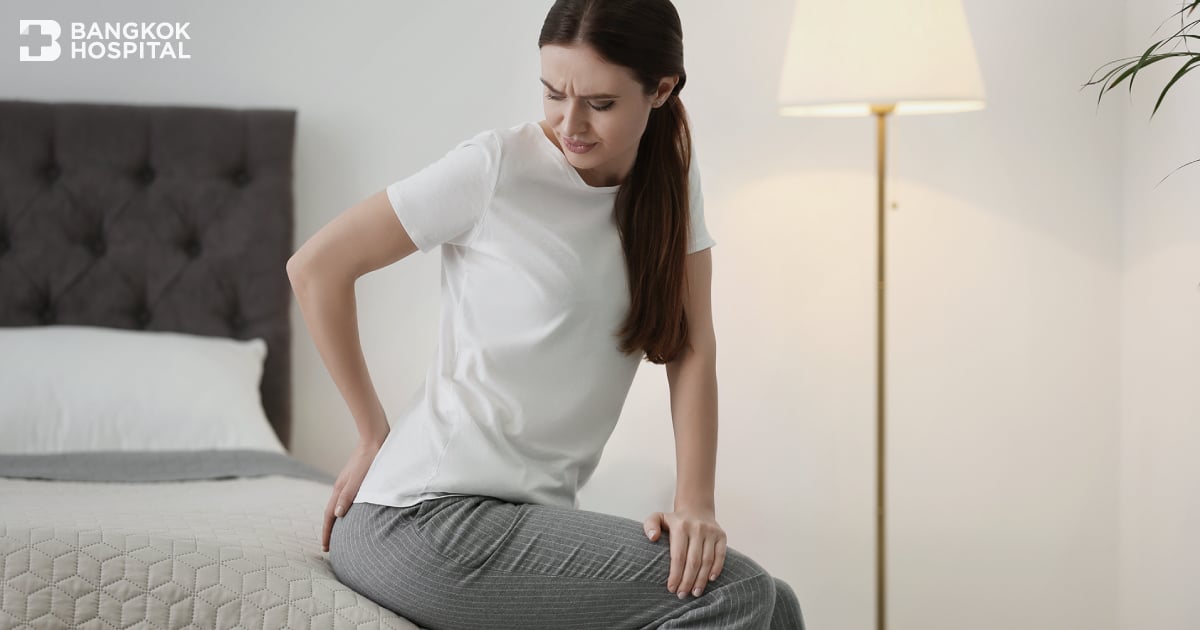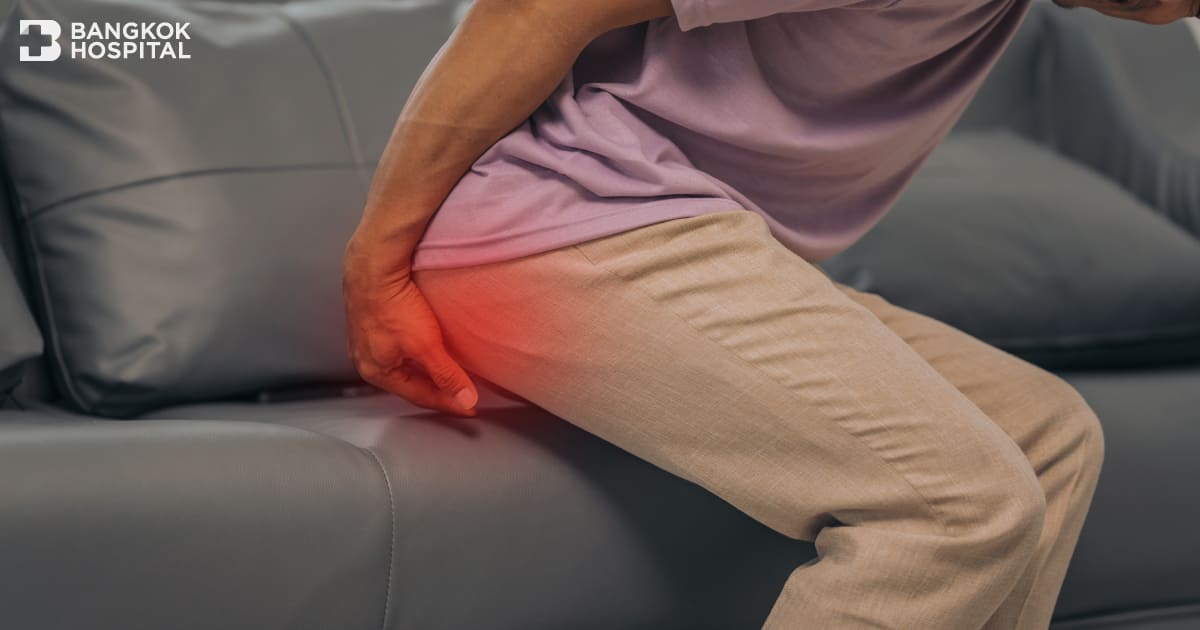Hemorrhoids are a common condition from many causes that can occur in anybody at any age. That is why it is normal that you may have many questions about them, and it also is prudent to have a good understanding, so that you will be able to handle them properly.
Q: What is a hemorrhoid?
A: Hemorrhoids are swollen veins in your lower rectum that can lead to many diseases. They come with many symptoms, but the most common ones are bleeding during bowel movement, lumps or swelling in the anus, etc.
Q: What are the causes of hemorrhoids?
A: Hemorrhoids are caused by too much straining, for example, during bowel movement every 2 – 3 days due to constipation, and each time it takes more than half an hour. When hemorrhoids are scraped often, they will gradually grow bigger and droop down to the anal opening. Moreover, prolonged sitting and playing with smartphone or reading cartoons while defecating can also cause unintentional straining that leads to hemorrhoids growth.
Q: Why are pregnant women more prone to hemorrhoids than others?
A: That is because there are changes to pregnant women’s hormones and blood circulation that cause the blood vessels around the anus and rectum to swell more than normal. That is why hemorrhoids are common during pregnancy as well as the first phase after giving birth. So, it is recommended that expecting moms sleep on their left side for better blood circulation to the heart.
Q: How are hemorrhoids diagnosed?
A: The doctor will perform a thorough examination of the anal canal by inserting a gloved, lubricated finger – to prevent any discomfort – into the rectum to determine whether or not there is any growth inside the anus. The doctor may ask the patient to simulate straining in order to open the sphincter so that a short camera-like implement, lubricated with gel and has a light source at the tip, can be gently inserted into the rectum for a clear diagnosis.
Q: How to treat hemorrhoids
A: The treatment will depend on the cause of the hemorrhoids in each patient. If it is constipation, the doctor will recommend drinking at least 2 – 3 liters of water daily as well as eating more high fiber food. If the condition still persists even after adjusting the habits, the doctor may recommend injection around the anus, hemorrhoids banding, laser hemorrhoidoplasty, the procedure for prolapse and hemorrhoids (PPH), hemorrhoidectomy, etc. In any case, the doctor will determine which treatment is appropriate for the patient, based on the symptoms and their severity.
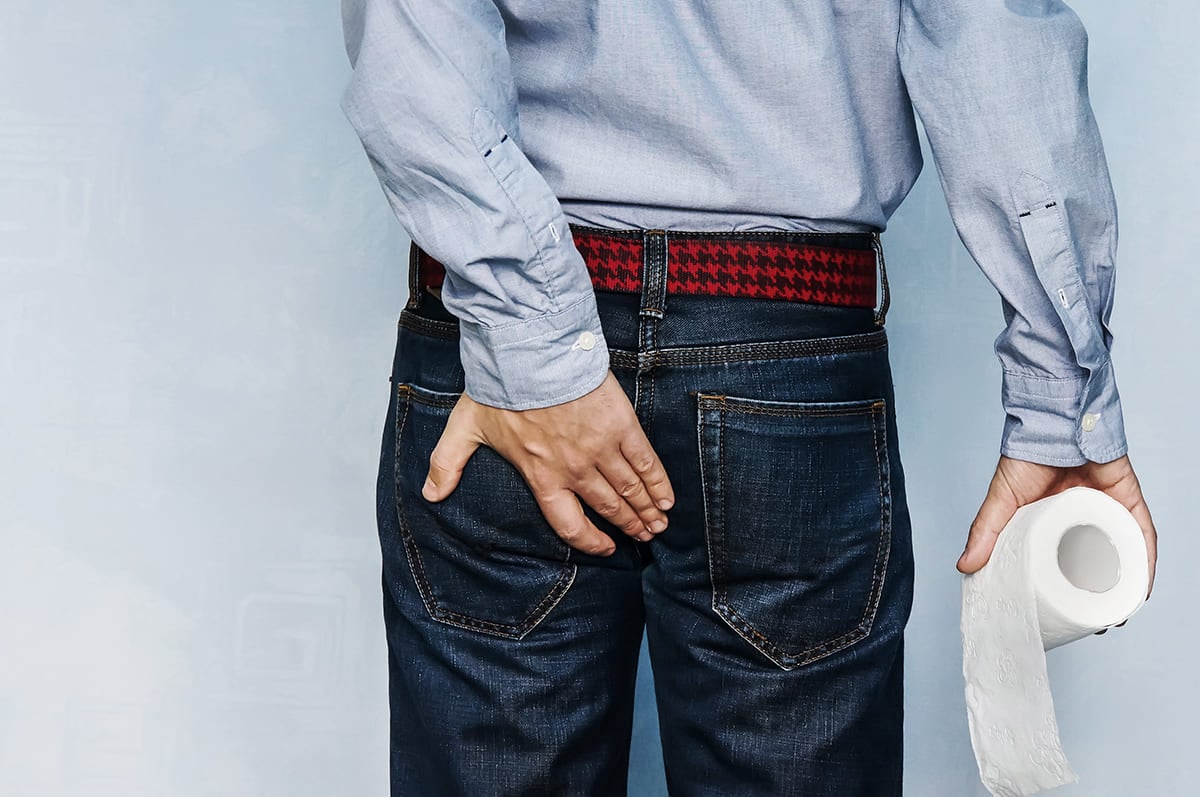
Q: How do we know if it is rectal cancer and not hemorrhoid?
A: If there is blood in the stool unexpectedly, there is a risk that it may be due to rectal cancer. The doctor will need to perform a colonoscopy and take some tissue samples for biopsy. The treatment will depend on the location, size and stage of the cancer, as well as on how each patient responds to the treatment.
Q: When should we have colon cancer screening?
A: Colon cancer is the third most common cancer on the list. That is why everyone should have a colon cancer screening starting from the ages between 45 or 50 onwards, even if you do not yet have any symptom. If you have a family history of colon cancer, you need to be screened earlier. The sooner you discover the condition and receive the right treatment, the better the chance of a complete cure.
In all, if you experience any abnormal bowel movement, it is vital that you consult your doctor as quickly as possible. The sooner you receive a proper treatment, the better the chances you have of being cured while also lessening severity of the disease.

